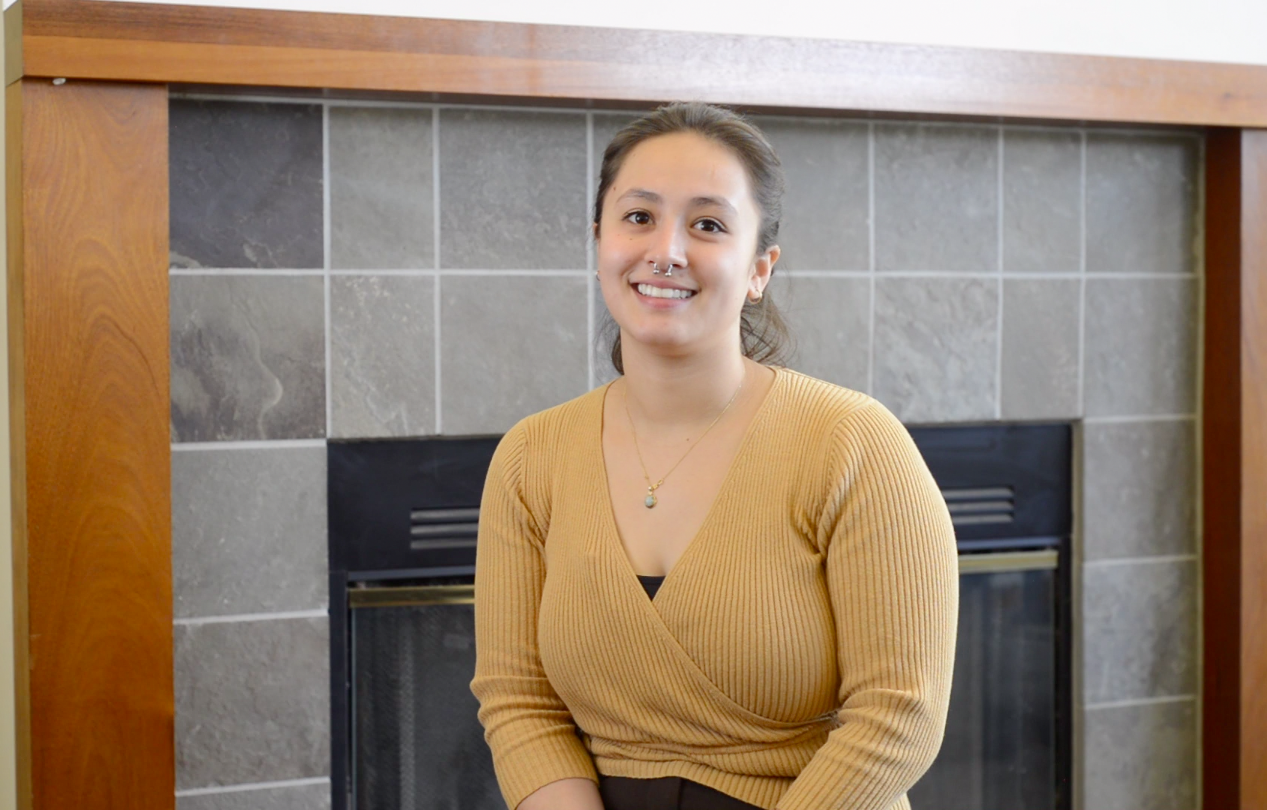From College Senior to Substitute Teacher

Jade Le graduated from Mills College in January, 2017. But instead of taking the spring to travel, or live and work at home, as so many mid-year graduates do, Jade decided to stay in Oakland, where Mills is located, and substitute teach in an urban, high-needs school. And she credits it all to the fact that she took a substitute teaching seminar, supported by Substantial, during her final semester at Mills.
Substantial is making a concerted effort to power up college students to work as substitute teachers. The idea: to unleash the potential of college students to shape, lead, and engage in the substitute teaching experience based on their local contexts and needs. This might look like a student-organized and led experience, a university-district partnership, a mentorship club, or any one of a myriad of possibilities. Check out our newly unveiled Empowering College Student Substitute Teachers for an extensive array of resources.
In Jade’s case, that local context was a one-credit course at Mills taught by Maggie Sheffer, a doctoral student and former teacher in the Oakland Unified School District. Maggie helped the class understand current pedagogies and practices, Jade said, as might be expected in any education course.
What set the course apart, however, was the encouragement and support for Jade and her classmates to get a substitute teaching credential. In California, as in some other states, it’s possible for undergraduates to apply for an emergency certification to substitute teach provided they meet certain minimum requirements, such as completion of 90 semester credit units. Additionally, Maggie, as a former OUSD teacher, provided unique resources and connections to the community at large – including an opening for a long-term substitute teaching position at Leadership Public Schools (LPS).
Jade jumped at the opportunity to apply, even though the position was as a 9th grade biology teacher and Jade, as a sociology major and education minor, had not taken a science course since high school.
“It’s easy to say, ‘I want to be a teacher,’ it’s easy to say, ‘This is what I want to do with my life.’ But until you’re actually in that position teaching and educating, there’s nothing like it,” Jade said. “As an aspiring educator, starting out as a substitute was definitely an interest for me. It would get my foot in the door, working at schools. It would give me the experience of working with students. It’s putting myself in the classroom, putting myself in the position of working with students.”
The seminar, Jade said, provided many opportunities for the class to role-play scenarios that involved common classroom occurrences. These helped prepare her when similar situations arose in her substitute teaching. Maggie also introduced a variety of practices that were currently in place at schools in Oakland, such as restorative justice and employing a growth mindset.
“I thought it was phenomenal to hear about things that are currently going on in schools down the street,” Jade said, pointing out that LPS is in fact one of those schools “down the street” from Mills.
And despite the fact that biology—and any science discipline, for that matter—is not her thing, Jade sees substituting long-term as a biology teacher as a positive growth moment.
“The most surprising thing about substituting is how you can apply yourself in so many different subjects that you probably have not touched on or reviewed in years,” Jade said.
Which is often the case for many substitute teachers – you are called on to teach subjects that you may not have expertise in. As a long-term substitute teacher at LPS, Jade was fortunate to have a designated mentor who helped her craft lessons. But Jade also reached out to other educators to get help and is now comfortable teaching biology—a subject she hadn’t thought about since high school.
Jade continues to grow into her role as a substitute teacher. She knows this because she finds herself reflecting during her down moments – watching TV or cooking dinner – on what she might do differently the next day to improve. Jade is also beginning to improvise more – tuning into current events, for instance, when she deems it important for her students, regardless of the fact that current events are not part of the day’s biology lesson plan.
“The little things add up,” Jade remarked, “where you say to yourself, ‘I’m really doing something as a substitute teacher.’”
Ultimately, Jade has decided that she does in fact want to go to graduate school to study education and get her permanent certification. Being a substitute teacher has cemented that path for her.
